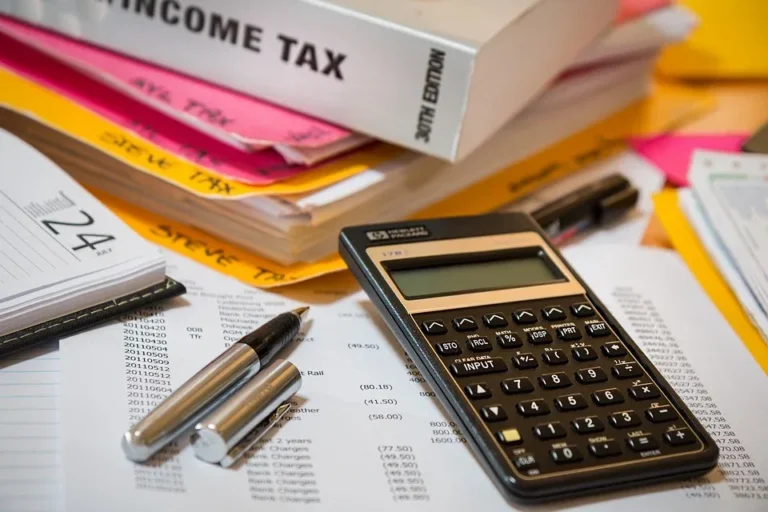Given the tough economic times that we are living in, budgeting has become an essential part of managing our finances. It is essentially a process that helps you plan and track your income and expenses, so you can make informed decisions about how to spend and save your money. Whether you’re just starting out or looking to improve your financial situation, here are some budgeting tips to help you make the most of your money.
1. Create a Budget
The first step in budgeting is to create a plan that gives you a good view of your income and expenses. You can start by listing all of your income sources, including your salary, any side hustles, and any other sources of income. Then, list all of your expenses, including your rent or mortgage, utilities, food, transportation, and any other regular bills or expenses. Once you have a complete list, you can either use a budgeting app or an excel spreadsheet to create a budget that balances your income and expenses. Personally, I find that Excel works just fine.
2. Track Your Spending
Once you have created a budget, it’s important to track your spending to make sure you’re staying on track. There are many tools and apps available that can help you do this, including the Mpesa app and some of the banking apps. You can also track your spending manually by keeping receipts and recording your purchases in a notebook or a spreadsheet.
3. Cut Back on Expenses
One of the easiest ways for you to save money is to cut back on unnecessary expenses. All you have to do is take a look at your budget and identify areas where you can be able to reduce your spending. This might include some lifestyle changes like eating out less, buying less expensive brands of the various products and even canceling some of the subscriptions that you don’t use. Over time, you will find that some of these small changes can add up over time and help you save money.
4. Set Financial Goals
Just like in everything else in life, one needs a plan while budgeting and one way to do this is by setting financial goals. Setting these goals can help you stay motivated and focused on your budget. Whether you’re saving to buy a piece of land, pay off a debt, or building an emergency fund, having a clear goal can help you make better financial decisions. Make sure your goals are specific, measurable, and achievable, and always ensure to track your progress regularly.
5. Use Cash Envelopes
Using cash envelopes is a simple and effective way to help you stick to your budget. You can start by allocating a certain amount of cash to each category in your budget, such as groceries, entertainment, and clothing. Then, put the cash in an envelope for each category and only use that cash for that category. This can help you avoid overspending and stay within your budget.
6. Find Ways to Increase Your Income
The most effective way to help you achieve your financial goals is increasing your levels of income. This might include taking on a side hustle for example an online job, asking for a raise at work, or selling off items you no longer need. It always important to ensure that any additional income you earn is put towards your financial goals, rather than increasing your spending which is tempting.

